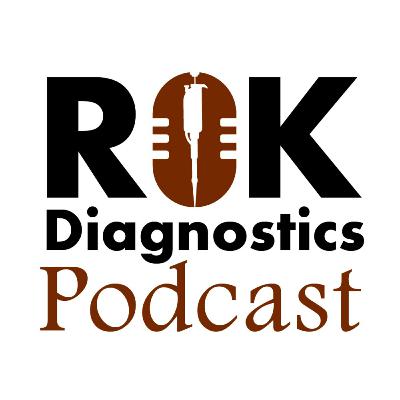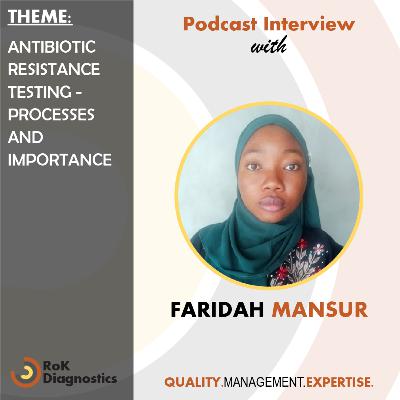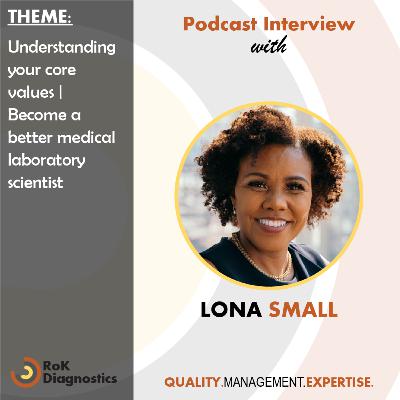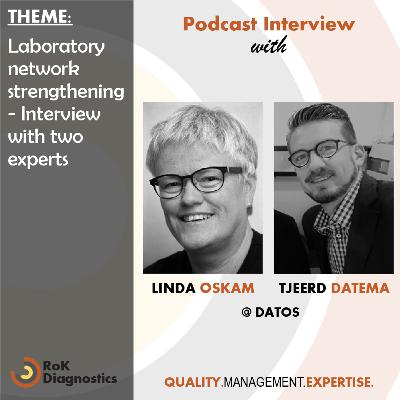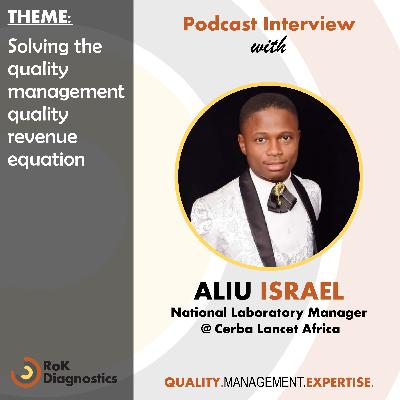Medical Lab Scientists in Public Health - A Conversation with Chelsea Osayande
Description
In this enlightening episode of the RoK Diagnostics Podcast, we engage in a thought-provoking conversation with Chelsea Osayande, a first-class medical laboratory scientist from the University of Benin, currently making strides as a program analyst in Abuja, Nigeria.
We delve into the critical role of medical laboratory scientists in public health, discussing the challenges and opportunities in the field, the transition from traditional lab roles to public health, and the importance of technological integration in healthcare.
Chelsea also shares her personal journey, insights on data analysis in public health, and the potential of medical laboratory scientists in areas like vaccine development, AI, and data science.
This episode is a must-listen for anyone interested in the evolving landscape of healthcare and the vital contributions of medical laboratory scientists.
Chapters:
00:00 - Introduction and Welcome
00:23 - Meet Chelsea Osayande
01:13 - Gaining Visibility in Global Health Contexts
02:06 - Scaling Laboratory Testing in African Countries
02:51 - Data Management to Policy
03:54 - Encouraging Technological Adoption in Laboratories
04:41 - Lab Scientists and Public Engagement
05:18 - The Saturated Field of Medical Laboratory Science
06:48 - Chelsea’s Career Shift From Lab to Public Health Consulting
07:57 - The Silent Voice of Lab Scientists in Health Crises
08:28 - Medical Lab Scientists: Educators in Pandemics
10:49 - Building Confidence and Visibility in Healthcare
12:09 - Medical Lab Scientists in Vaccine Production and Testing
14:08 - Effective Communication in Healthcare Sectors
16:16 - The Role of Internships and Continuous Learning in Career Development
19:21 - Day-to-Day Life in Public Health Consulting
22:30 - Learning Data Analysis and Other Skills for Lab Scientists
24:00 - The Future of Labs: Data Science and AI Integration
27:14 - Significance of Internships in Public Health
30:27 - Closing Remarks and Future Discussions in Medical Laboratory Science


